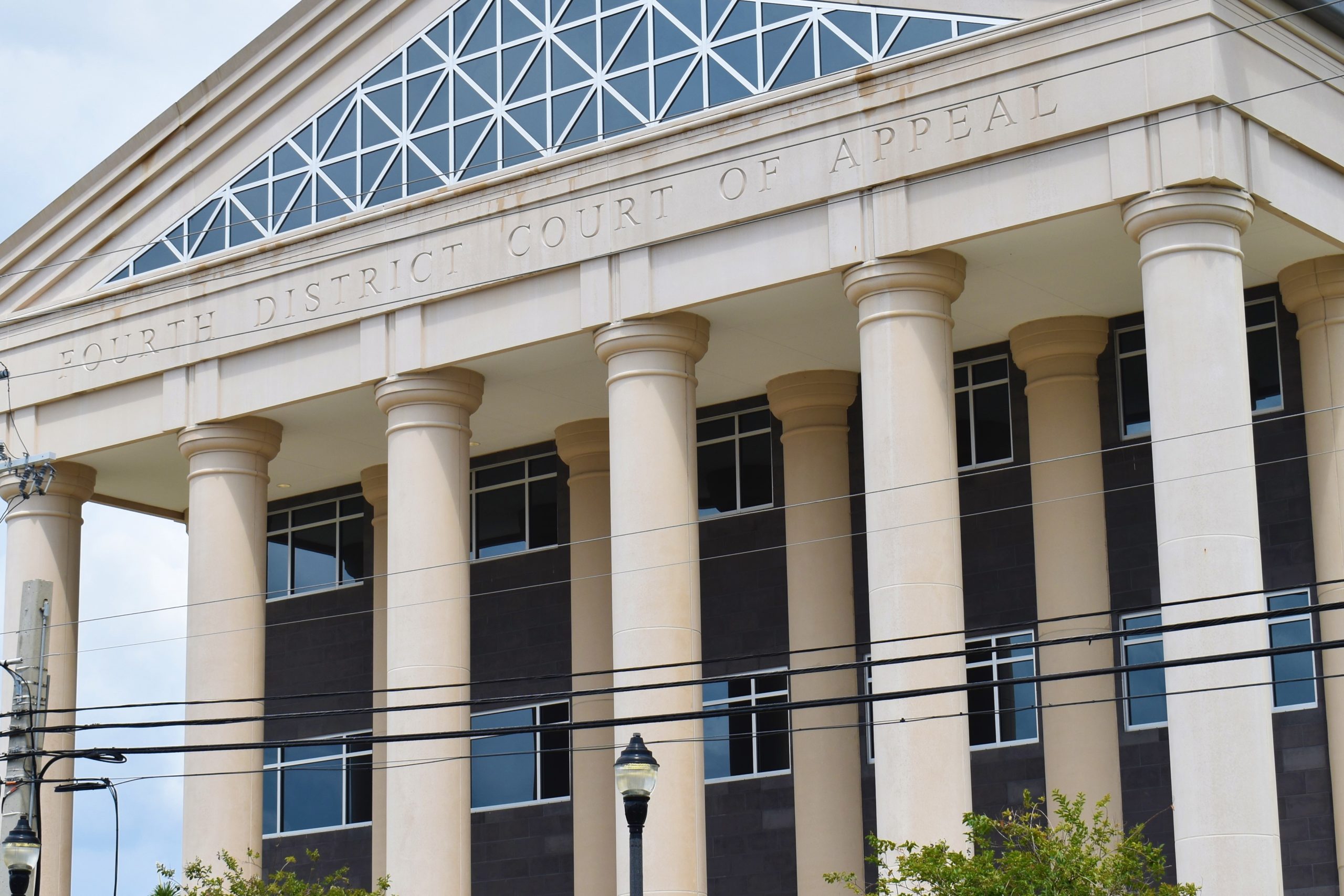
Can you object to a revocable trust before the trust creator dies? You are not supposed to under Florida law. There are two things every potential challenger MUST READ. If you are thinking of contesting a trust or challenging its validity, read on. We have previously provided Florida Trust Commentary on such things as trust validity, trust attacks and undue influence. Now, let’s focus on a September 9, 2020 4th DCA opinion. (for a link to FREE TRUST VIDEOS, click HERE) 2 Things You Must Read Before Attacking a Trust Challenging a trust before death? Not so fast !! So, let’s be clear. You can’t attack a revocable trust while the trust creator is alive. The person who creates the trust is called the “grantor” or “settlor.” The attorney who writes the trust, or who prepares the trust for the creator, is often referred to as the “drafting attorney.” The Florida Trust Code is the body of statutory law laying out trust laws. It is added to by precedent. Precedent are the written opinions of our appellate courts. Trial courts, and appellate courts, interpret the Florida Trust Code. Judges tell us what the law means and says. When trial judges make trust rulings, appellate court judges will tell us whether the trial judge was correct or not. When a trial judge is wrong, it is referred to as committing error. Now, read Florida Statute 736.0207. This statute is a provision in the Florida Trust Code. It says that you can’t […]








